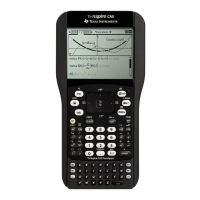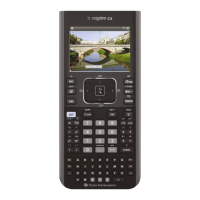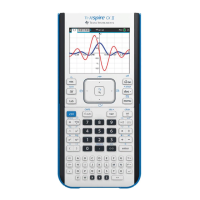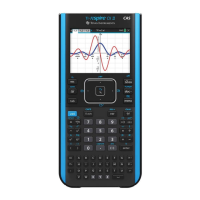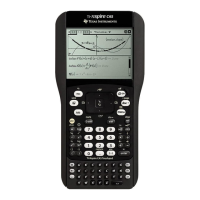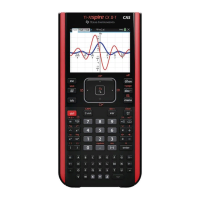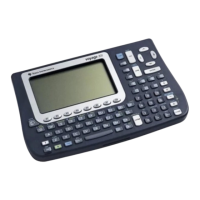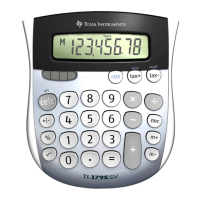If
Catalog >
Block1 and Block2 can be a single
statement.
If BooleanExpr1 Then
Block1
ElseIf BooleanExpr2 Then
Block2
⋮
ElseIf BooleanExprN Then
BlockN
EndIf
Allows for branching. If BooleanExpr1
evaluates to true, executes Block1. If
BooleanExpr1 evaluates to false, evaluates
BooleanExpr2, and so on.
ifFn()
Catalog >
ifFn(BooleanExpr,Value_If_true [,Value_
If_false [,Value_If_unknown]]) ⇒
expression, list, or matrix
Evaluates the boolean expression
BooleanExpr (or each element from
BooleanExpr ) and produces a result based
on the following rules:
• BooleanExpr can test a single value, a
list, or a matrix.
• If an element of BooleanExpr evaluates
to true, returns the corresponding
element from Value_If_true.
• If an element of BooleanExpr evaluates
to false, returns the corresponding
element from Value_If_false. If you
omit Value_If_false, returns undef.
• If an element of BooleanExpr is neither
true nor false, returns the corresponding
element Value_If_unknown. If you omit
Value_If_unknown, returns undef.
• If the second, third, or fourth argument
of the ifFn() function is a single
expression, the Boolean test is applied to
every position in BooleanExpr.
Test value of 1 is less than 2.5, so its
corresponding
Value_If_True element of 5 is copiedto
the result list.
Test value of 2 is less than 2.5, so its
corresponding
Value_If_True element of 6 is copiedto
the result list.
Test value of 3 is not less than 2.5, so its
corresponding Value_If_False elementof
10 is copiedto the result list.
Value_If_true is a single value and
corresponds to any selectedposition.
Alphabetical Listing 87
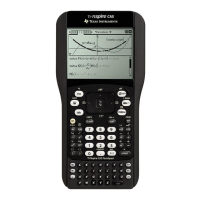
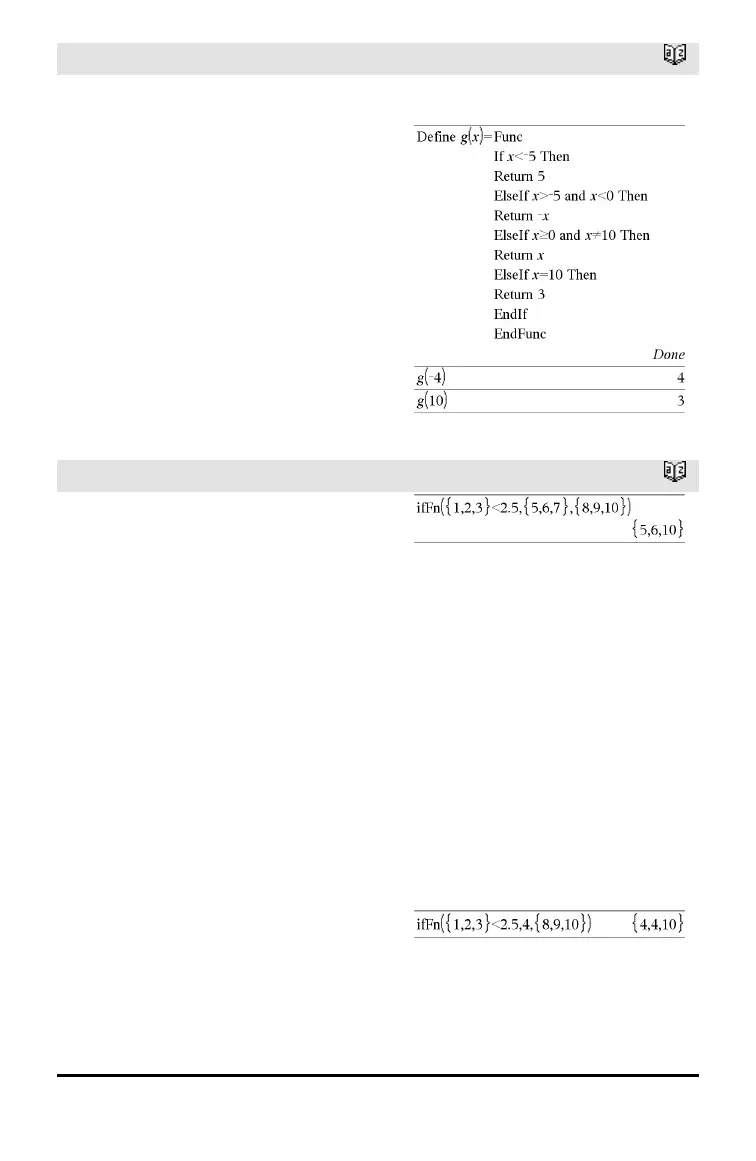